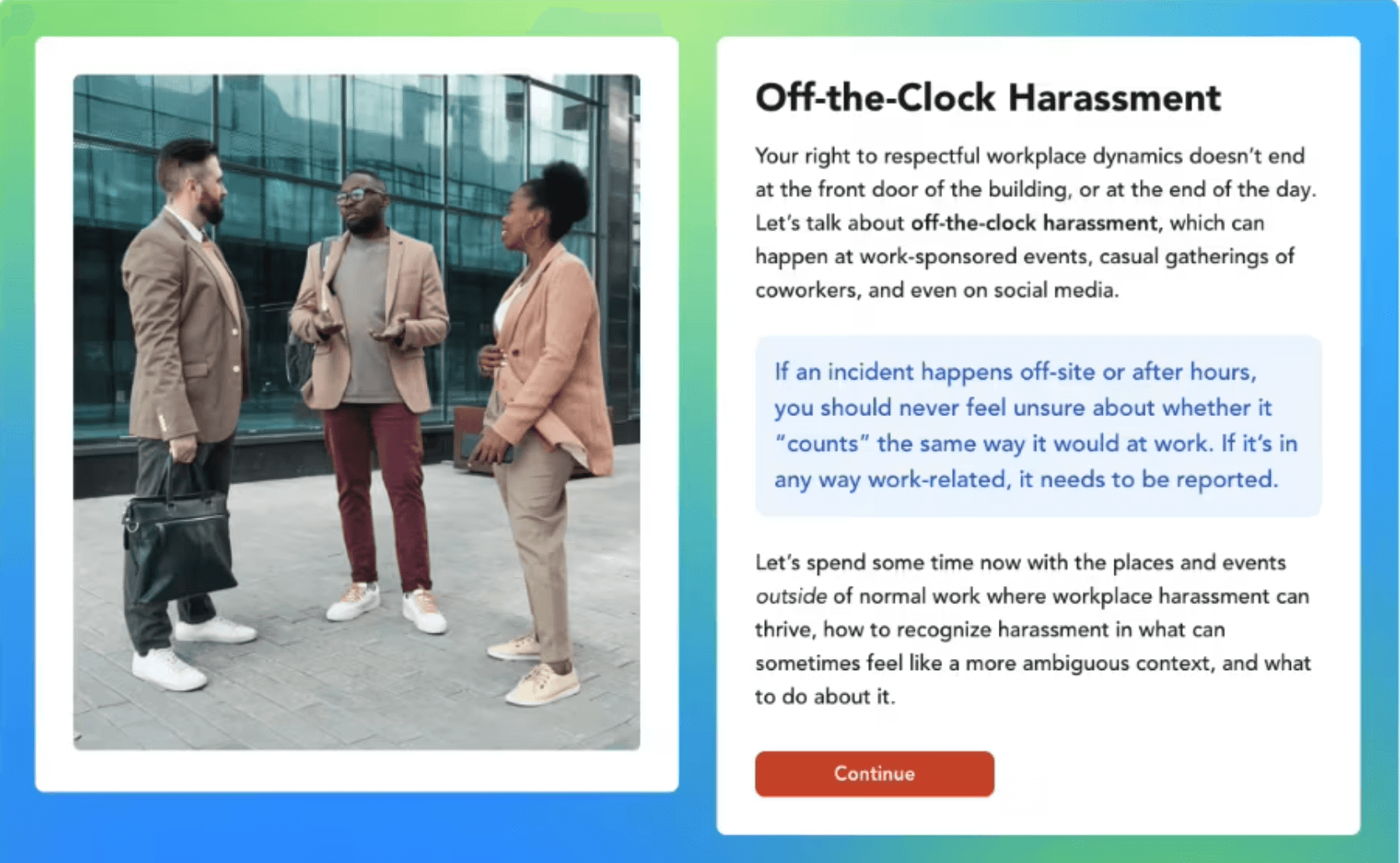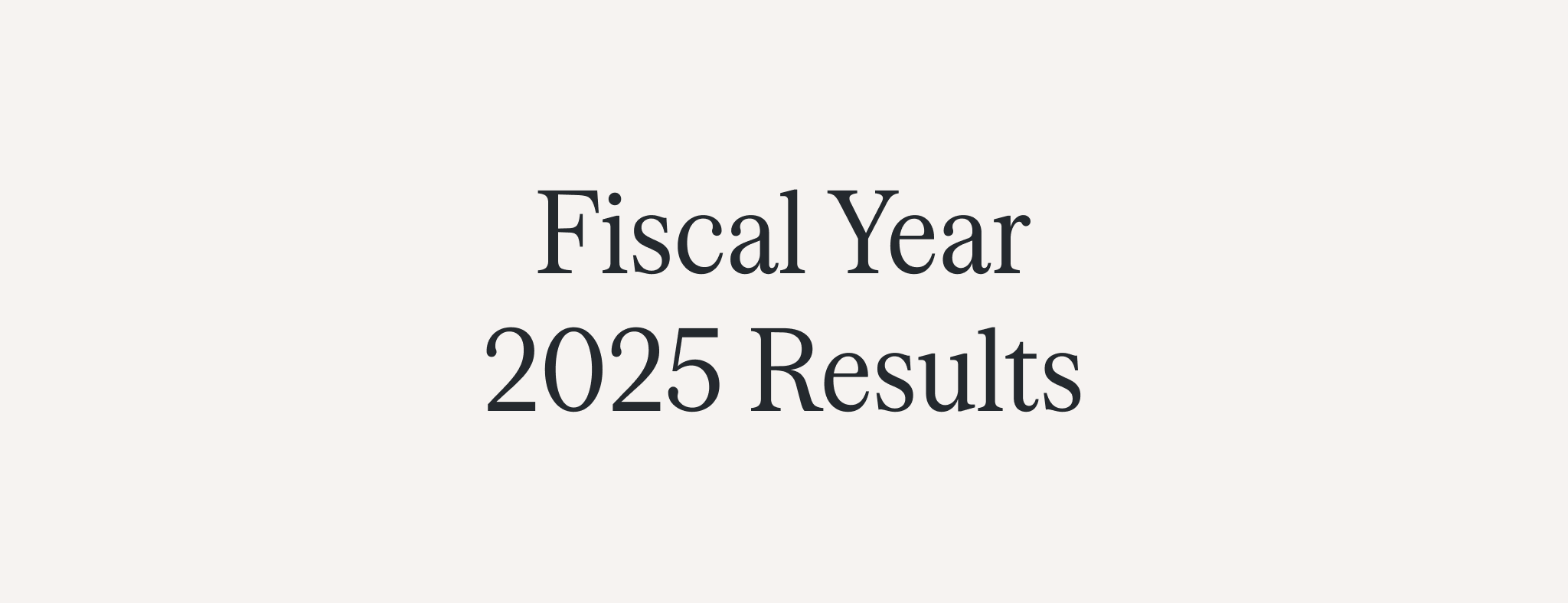An interview on May 28, 2025 with inclusion expert Dr. Kryss Shane
“Every little step, every little moment, every ‘Roxanne served also’ kind of situation brings about some more sense of safety.”
—Dr. Kryss Shane
Dr. Kryss Shane was recalling what Roxanne has said earlier in the interview, that people would often forget that she had served in the military. Heuristically, you might be quicker to recognize a man for their service, but for that man to go out of his way to recognize, and say ‘Roxanne also served’ was a simple gesture that went a long way.
While it gets a lot of the attention, building a more inclusive workplace isn’t about sweeping initiatives or massive budgets. The most meaningful impact starts with a pause, a question, or a simple acknowledgment.
That was one of many takeaways from a recent conversation we had with inclusion expert Dr. Kryss Shane, consultant to Fortune 500s, professor, and author. In our interview, Dr. Kryss shared grounded insights on how to support inclusion at work, no matter your job title or budget.
The “Perfect” Response Is a Myth
We started by asking Dr. Kryss how her views have evolved over time, especially when it comes to supporting someone who has come out. Her response served as a reminder that the moment someone shares their identity is often the result of months or years of self-reflection, but for the person hearing the news it can feel sudden.
“I think in our society, we're often told you're either 100% all in accepting or you're 0%, and then you're a terrible person.” she said “And it's never really fair because that person gets no time to turn it around.”
That’s why she sometimes recommends a different approach: writing a letter or sending an email. It gives the recipient time to learn, consult resources, and then respond with care and clarity. “It makes it better for everybody,” she added.
Remote Work as an Inclusion Practice
The conversation also touched on the intersection of remote work and inclusion. At Ethena, we’re a fully remote company and for our CEO, Roxanne, that flexibility is key to juggling parenthood. For others, it can be just as vital, something that tends to be especially true for people in historically excluded groups.
Dr. Kryss broke it down this way: “We make our own homes safe places for us, whatever that ends up meaning.” Whether it’s accessible bathrooms, ergonomic furniture, or the ability to avoid subtle (and not-so-subtle) exclusion in physical spaces, remote work allows employees to design an environment that supports their needs.
“If the business can support it,” she emphasized, “remote work is one of the most inclusive options available.”
Inclusion That Doesn’t Break the Budget
Not every company has the resources (or permission) to build massive workplace sensitivity and inclusion programs, but that doesn’t mean inclusion is off the table.
Dr. Kryss is a strong advocate for cost-effective practices that make a real difference. A few examples she shared:
- Encourage employees to add pronouns to email signatures
- Ask why a panel or leadership team lacks diversity
- Interrupt interruptions: vocally support colleagues when they’re talked over
These are easy to implement and don’t require C-suite approval. They simply require thoughtfulness and consistency.
When Leadership Support Is Lacking
Headlines show a lack of DEI support and enthusiasm, dipping in corporate popularity in recent years. When asked how she supports HR leaders navigating this shift, Dr. Kryss was direct: “The people who need this space didn't disappear just because the winds have shifted politically.”
She pointed to data showing inclusive companies retain talent more effectively and outperform their peers. In other words: inclusion isn’t just the right thing to do—it’s also smart business.
You Don’t Need a Title to Make an Impact
Our last question focused on junior employees—people who may feel they lack the authority to push for change. But Dr. Kryss was quick to reframe that mindset.
“Everyone has a level of power because everyone has a voice,” she said.
From pointing out when someone’s being overlooked, to simply affirming a thoughtful comment in a meeting, small gestures help shape culture. As she put it, you don’t have to be the most powerful person in the room to make it more inclusive.
“Every little moment adds up,” she said. “And becomes a much safer society.”









